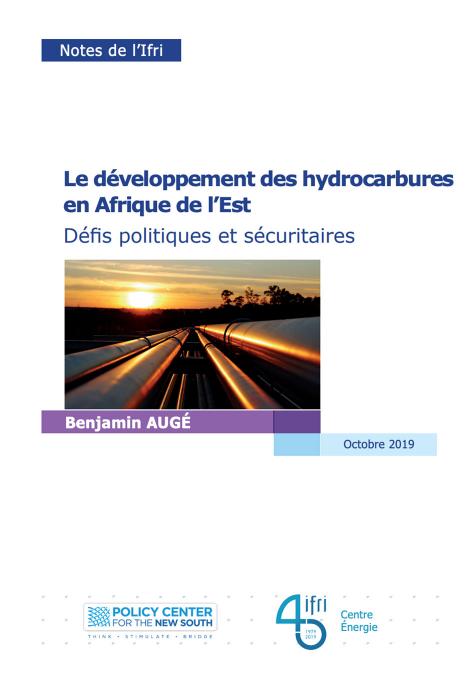Interview with Bodian Ansoumana - International Conference on The Water-Food-Energy Nexus in Drylands: Bridging Science and Policy 11-13 June 2014, Rabat, Morocco
Speakers

Bodian Ansoumana
University Gaston Berger, Senegal
Enseignent chercheur au sein de la Section de Géographie à l’Université Gaston Berger de Saint-Louis où il dispense des cours d'hydrologie et de Système d'Information Géographie (SIG). Dr Ansoumana BODIAN a eu à travailler pendant deux ans (entre 2010 et 2012) à la Direction de la Gestion de la planification des Ressources en Eau (DGPRE) en tant que Chef de la Division hydrologie. Durant son passage à la DGPRE, il était aussi membre de la Commission Permanente des Eaux de l'OMVS (Organisation pour la Mise en Valeur du Fleuve Sénégal). Ses activités de recherche tournent autour de la caractérisation de la variabilité spatio-temporelle du climat et de ses impacts hydrologiques, de la modélisation de la relation pluie-débit et de l'élaboration et l'assimilation des scénarios clim ...








